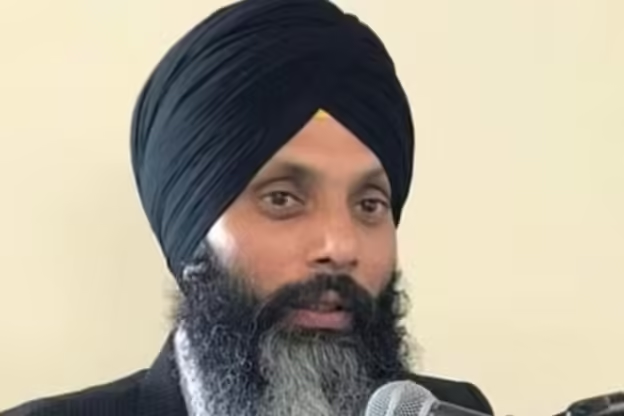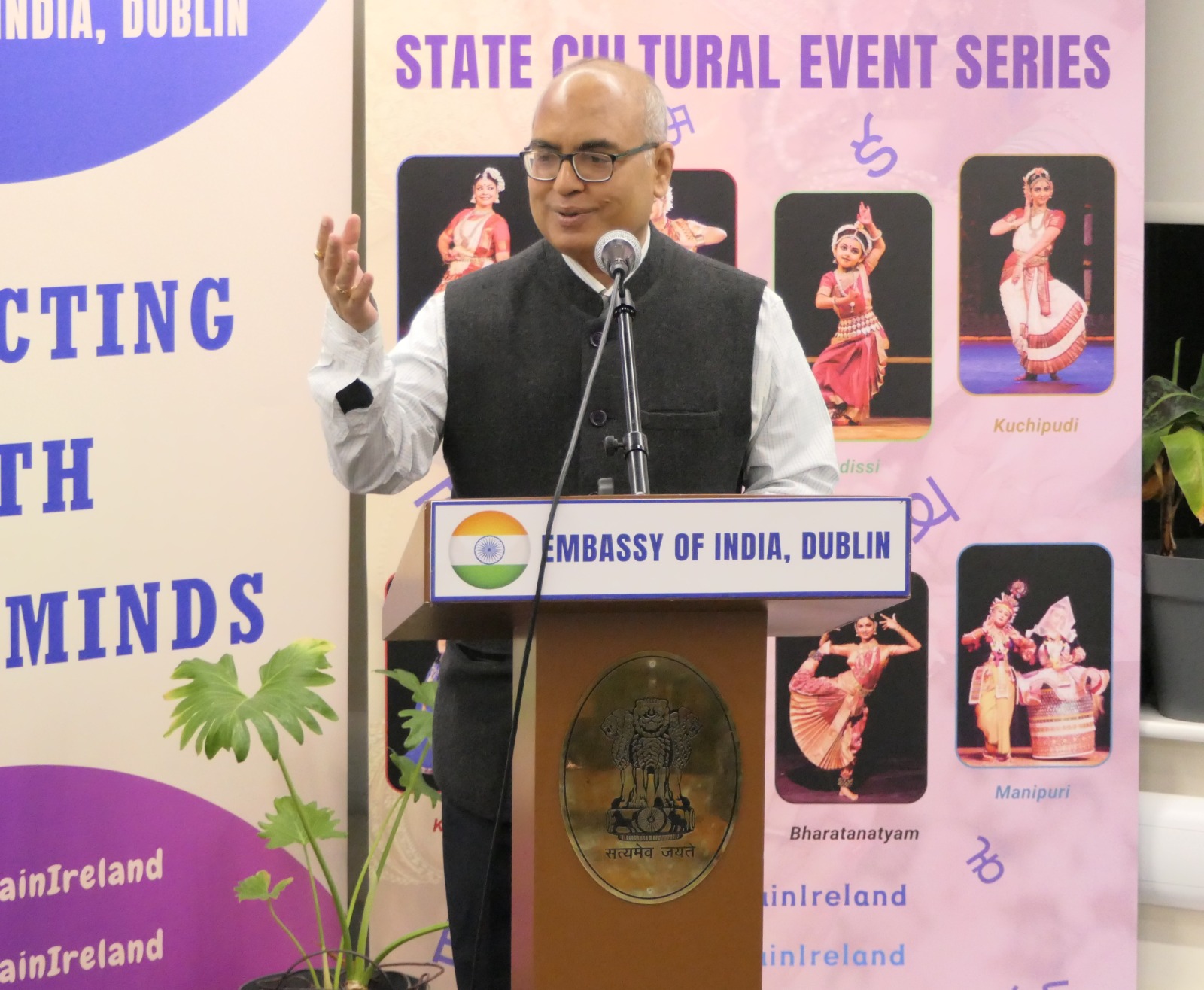In a clandestine move, Canada’s top intelligence official, David Vigneault, made two undisclosed visits to India earlier this year to address the high-profile case of Khalistani terrorist Hardeep Singh Nijjar’s assassination. The covert trips, which took place in February and March 2024, came to light just before the public announcement of the arrests of four Indian nationals implicated in the killing. This revelation has been confirmed by sources familiar with the developments, as reported by PTI.
David Vigneault, the Director of the Canadian Security Intelligence Service (CSIS), met with Indian officials to share findings from Ottawa’s investigation into Nijjar’s death. This investigation was spurred by Canadian Prime Minister Justin Trudeau’s bold allegations in September 2023, suggesting potential Indian involvement in Nijjar’s murder. These claims were promptly dismissed by New Delhi as “absurd”.
A senior Canadian government official acknowledged Vigneault’s visits to India but refrained from disclosing specifics. “We can confirm that the Director of CSIS, David Vigneault, has travelled to India, but we do not comment on the nature or substance of closed-door meetings,” the official told PTI.
The Indian government has remained silent regarding Vigneault’s visits, opting not to comment on the intelligence discussions. However, it was noted that Vigneault’s missions were part of broader efforts to address the sensitive and escalating issue of Nijjar’s killing.
Hardeep Singh Nijjar, labeled a terrorist by India, was shot dead outside a gurdwara in Surrey, British Columbia, on June 18, 2023. The Royal Canadian Mounted Police (RCMP) has been leading the investigation into the murder. In May 2024, the Canadian government announced the arrest of four Indian nationals in connection with the case: Karanpreet Singh (28), Kamalpreet Singh (22), Karan Brar (22), and Amandeep Singh.
Sources suggest that other Canadian officials also visited India to discuss various facets of the Nijjar case, highlighting the case’s complexity and the international dimensions of the investigation.
The Nijjar case has exacerbated tensions between Canada and India, particularly concerning how each country handles Khalistani elements. This friction was further highlighted in a special parliamentary report by the Canadian government, which labeled India as the second-biggest threat to its democracy, following China.
Amidst these rising tensions, India has called on Ottawa to ensure the safety of its diplomats in the face of threats from Khalistani groups. This diplomatic strain led to a significant move in October 2023 when India demanded a reduction in Canada’s diplomatic staff. Consequently, 41 Canadian diplomats and their families were withdrawn from India, marking a significant downturn in diplomatic relations.
As the investigation into Nijjar’s killing continues, both nations remain steadfast in their respective stances. Canada emphasizes its commitment to an independent RCMP-led investigation, underscoring the importance of truth and accountability. Meanwhile, India maintains its firm denial of any involvement in Nijjar’s death, standing by its earlier assertions against the accusations made by Prime Minister Trudeau.











